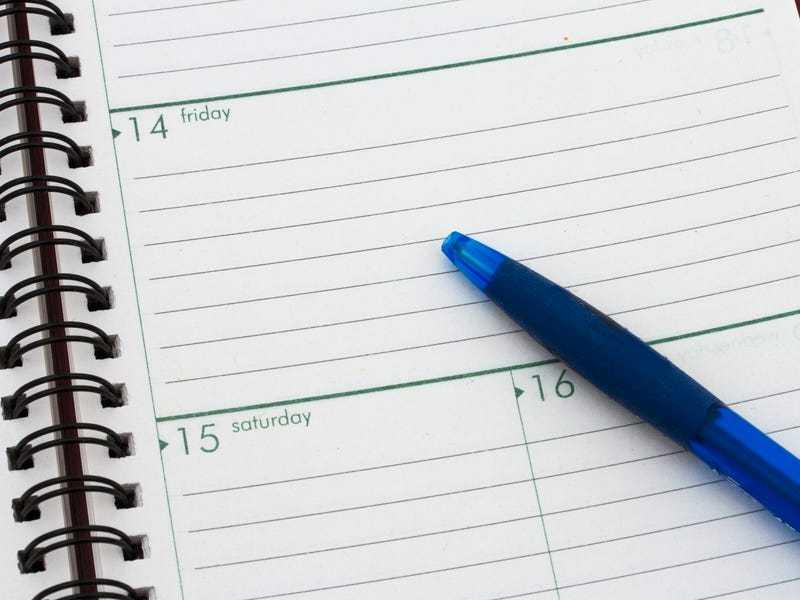Not planning your day
It's important to have an idea of what your daily priorities are and tasks you need to complete, preferably the night before.
Also, make sure you prepare in the evening the outfit you're going to wear and the meals for the following day. Doing this will save time in the morning, and reduce decision fatigue.
4.65K
24.9K reads
CURATED FROM
The 11 time-management mistakes you're probably making, and how to fix them
businessinsider.com
11 ideas
·240K reads
IDEAS CURATED BY
"Everybody Has a Plan Until They Get Punched in the Mouth" - Tyson. But you still need a plan.
The idea is part of this collection:
Learn more about timemanagement with this collection
How to set achievable goals
How to manage time for personal and professional life
How to avoid distractions
Related collections
Similar ideas to Not planning your day
Prep your day the evening before
Reduce the number of decisions and tasks you have to do each morning in between waking up and doing your work:
- Decide on and lay out your clothes for the following day the evening before and gather all other pieces of stuff you need (supplies, equipment).
- Make ...
2. Planning their day.
Successful people often make a to-do list or schedule their tasks for the day, either the night before or in the morning. This helps them stay organized, prioritize their tasks, and avoid wasting time on trivial matters.
"Plans are nothing; planning is everything." - Dwight D. Eisenhower.
Make Big Decisions In The Morning
Save small decisions for after work (when decision fatigue kicks in) and to tackle complex decisions in the morning, when your mind is fresh.
A similar strategy is to do some of the smaller things the night before to get a head start on the next day.
Read & Learn
20x Faster
without
deepstash
with
deepstash
with
deepstash
Personalized microlearning
—
100+ Learning Journeys
—
Access to 200,000+ ideas
—
Access to the mobile app
—
Unlimited idea saving
—
—
Unlimited history
—
—
Unlimited listening to ideas
—
—
Downloading & offline access
—
—
Supercharge your mind with one idea per day
Enter your email and spend 1 minute every day to learn something new.
I agree to receive email updates
